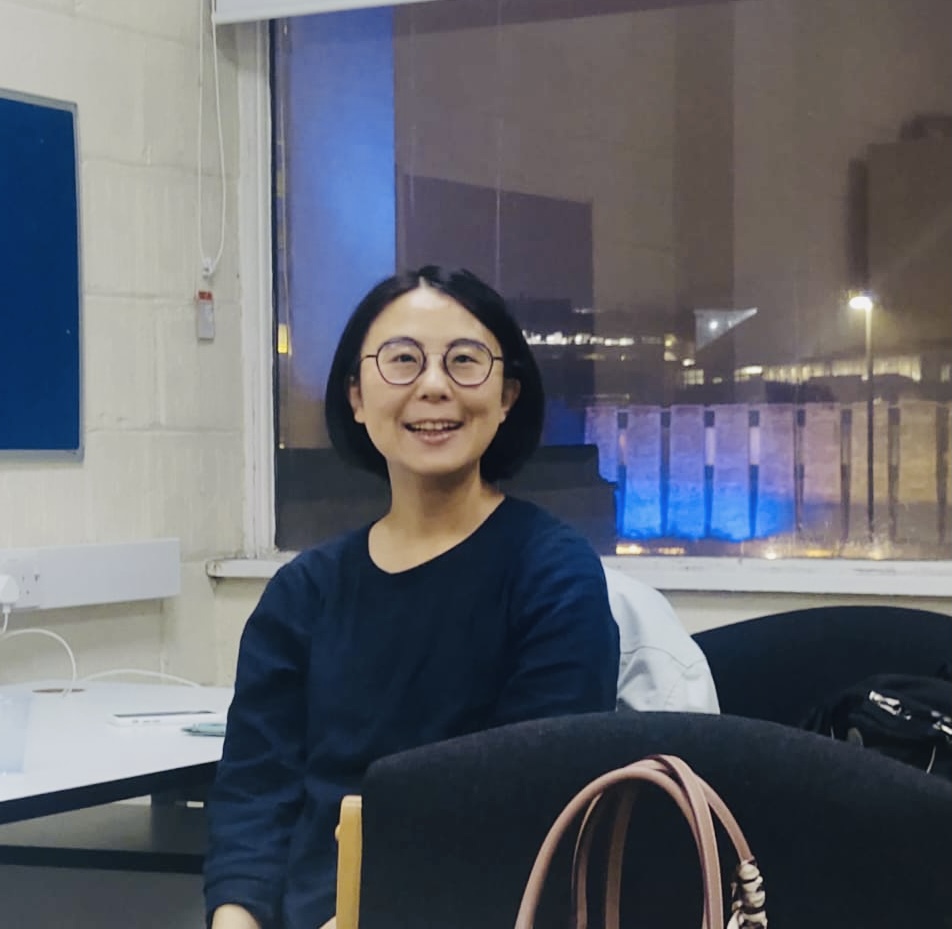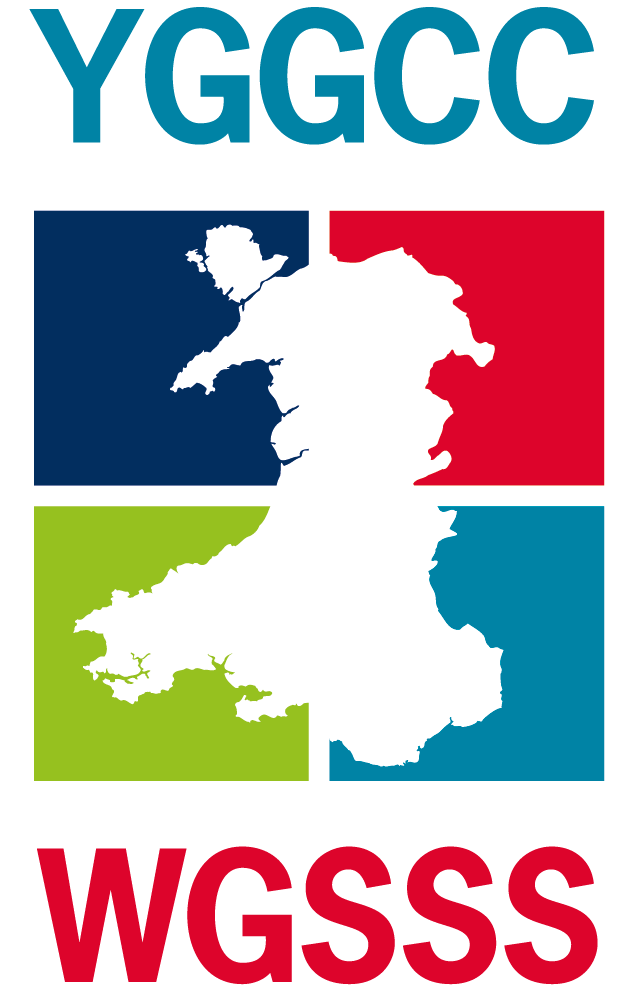Unlocking Urban Futures: Rethinking Financialised Planning Systems and Exploring Post-Growth Planning Alternatives

Dr Ying-Chun (Nancy) Hou
Pathway: Environmental Planning
Department: School of Geography and Planning
University: Cardiff University
Mentors: Professor Oleg Golubchikov and Dr Abid Mehmood
Project Summary
My PhD research presented a highly original and conceptually rich intervention into the study of financialised urban planning and community-led governance in Taiwan. The research offered timely and innovative intellectual contributions to the fields of urban financialisation, community planning, and spatial justice. It addressed a notable gap by examining the geographical context of Taiwan, an area that has received limited scholarly attention. By analysing recent planning reforms in Taiwan, the study demonstrated the processes of converting urban informalities into new investment areas and examined how informal dwellers were included or excluded in planning delivery processes. It highlighted the risks of ‘infinite justice’ stemming from economic-driven planning ideologies and narratives and emphasised the necessity to explore alternative approaches for a more just and inclusive planning future.
The thesis has contributed substantially to both theoretical discourse and empirical understanding in academia, policymaking, and planning practices in Taiwan. This fellowship will maximise the impact of my research through academic publications, presentations, and public engagements in Taiwan and Wales. Moreover, the fellowship offers an opportunity to foster cross-national research collaborations and advance new agendas based on my doctoral work, thereby consolidating my emerging profile as an early career researcher.
Goals for the Fellowship
The specific objectives of this fellowship are outlined as follows:
- Producing Publications to Establish a Track Record: During the fellowship period, I aim to produce two journal papers based on my PhD research to disseminate key findings. The first paper will conceptualise how financialised approaches are mobilised in the reproduction of informality, viewed through the lens of ‘crisis making’. The second paper will provide a reflective analysis of the PhD research process, drawing on feminist planning perspectives to address issues of positionality, reflexivity, and power dynamics in conducting urban research during the pandemic. Insights for this paper will be drawn from an academic workshop on research methodology.
- Enhancing Research Engagement Skills through Academic Training: I plan to seek further academic training opportunities to enhance my skills in journal publication and public engagement, thereby supporting my academic career development. I will utilise resources offered by Cardiff University’s Learning and Teaching Academy and participate in the ESRC Postdoctoral Development Programme for additional training.
- Building International Research Networks through Conference Participation: I plan to actively engage in key international conferences, such as the EARCAG in Spring 2025 in Fukuoka, Japan, and the RGS-IBG Conference proposed for August 2025 in London. This will enable me to cultivate new research networks, establish my presence as an early career researcher in the field, and gain insights into the latest international research developments.
- Conducting Further Research and Developing Funding Proposals: Drawing on critical reflections from my PhD research on Taiwan’s financialised planning developments and their implications for local communities, combined with recent planning reforms in Wales, I aim to delve deeper into lessons learned from growth-oriented development concerning its impacts on the environment and society, including issues such as gentrification and regional inequality. Up to 25% of my time will be dedicated to conducting further research, in accordance with program requirements. This initiative aims to lay a foundational basis for future research endeavours.
- Extending Policy Influence of Research: The fellowship represents a significant opportunity to enhance the impact of my research on policymaking and planning practices. I plan to convene an online international workshop titled “Future Planning and the Crises of Growth-Led Planning Initiatives” to facilitate comparative discussions within academia and policymaking on post-growth planning initiatives at an international level. The workshop will engage policymakers, community representatives, planners, and academics from both the UK and Taiwan, fostering interdisciplinary discussions and exploring alternative planning approaches to achieve just and inclusive urban development.
Advice for future applicants
This is an excellent opportunity to reflect on my PhD journey and consider future career plans while developing the proposal. I am still learning, but I believe it is crucial to self-reflect: What have I accomplished? What do I truly want to pursue? It is important to make the proposal feasible, with a clear timeline and financial plan to achieve the objectives. Be ambitious but realistic. Additionally, seeking feedback from mentors and peers is essential to determine if the proposal is promising and persuasive. Grant writing is an art, and practice makes perfect. It is important not to be discouraged by rejections—each proposal is a learning opportunity that helps refine and improve for the next round!
Publications
Chiang, Y.-H., Chien, L.-L., & Hou, Y.-C. (forthcoming). Housing Unaffordability Worsening
Through Market-led Urban Renewal Schemes as Profit-Extracting Machines:
Comparative Perspectives from London and Taipei. ArchitectureMPS. UCL Press.
Hou, Y.-C., & Lin, W-I. (under review). Shaping, Practicing, and Governmentalisation of the Planning Designscape around Tongji University, Shanghai. Journal of City and Planning.
Hou, Y.-C. (submitted). Orchestrating Urban Financialisation through Urban Intermediatory Organisations? A Case Study of Taipei Housing and Urban Regeneration Centre in Taiwan. Environment and Planning C: Politics and Space.
